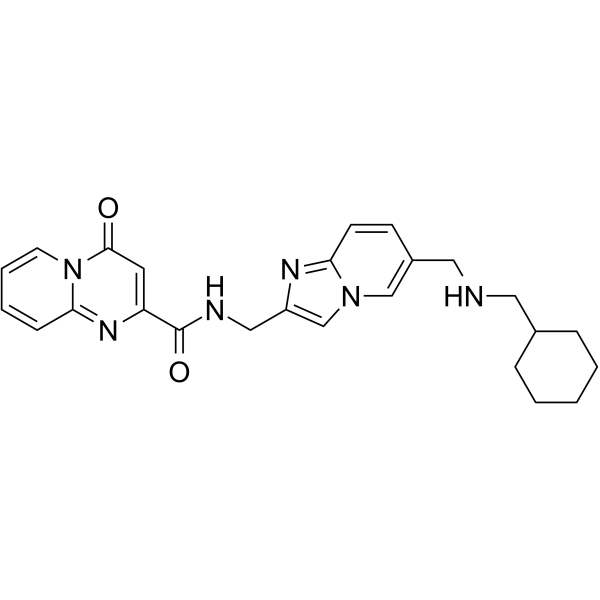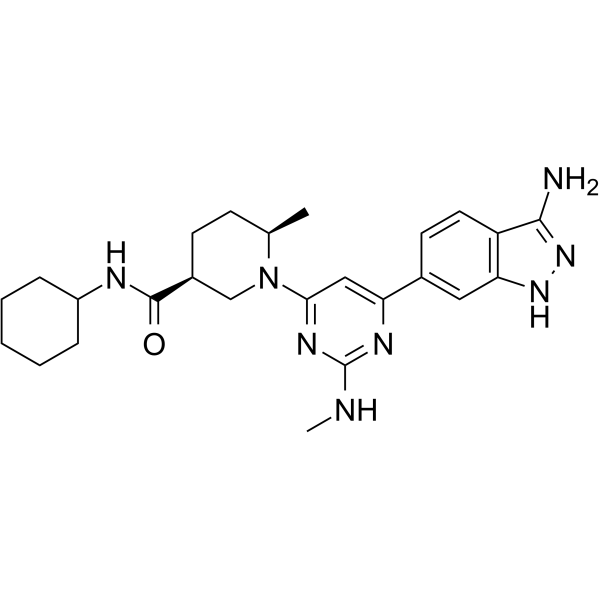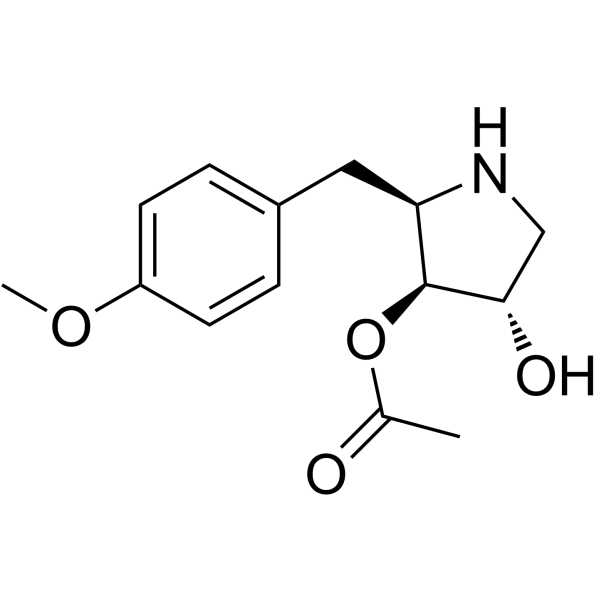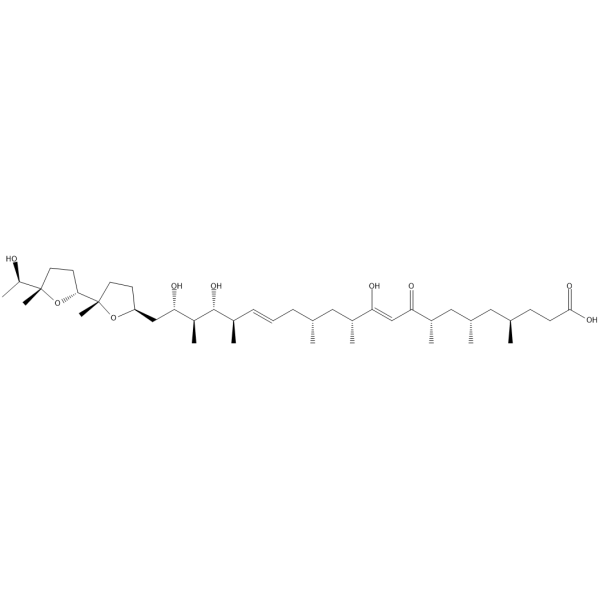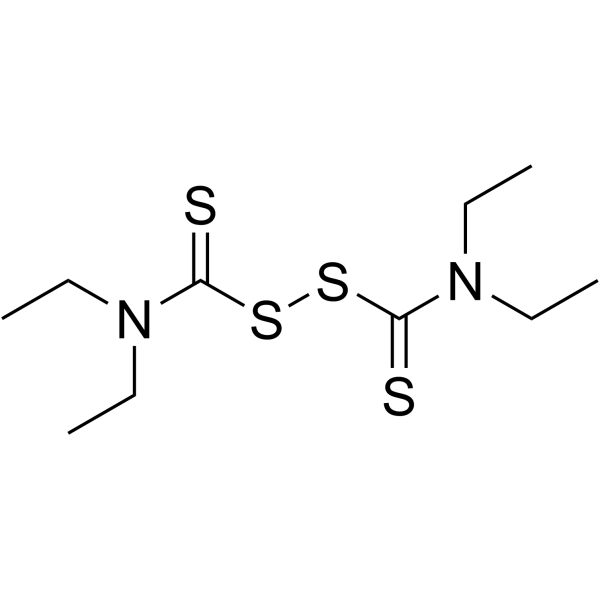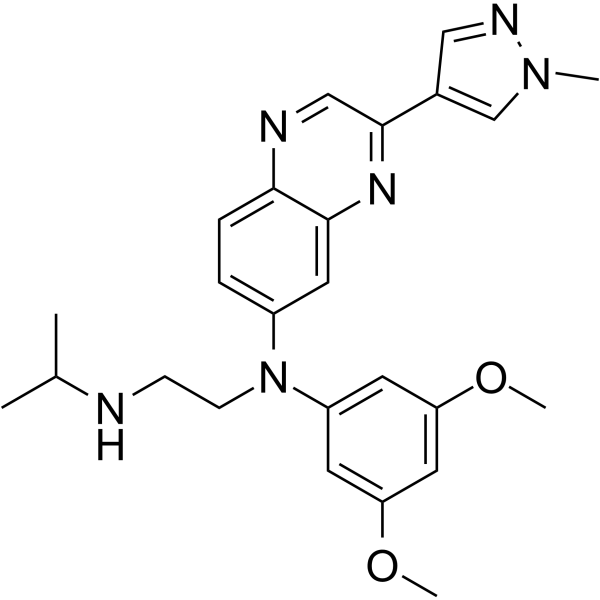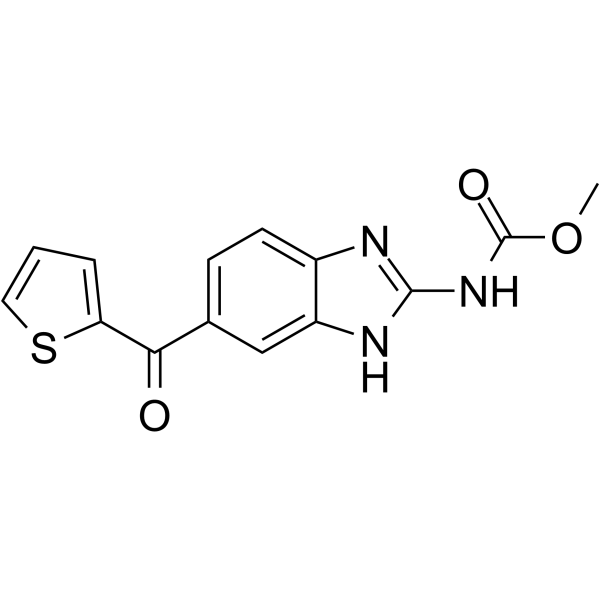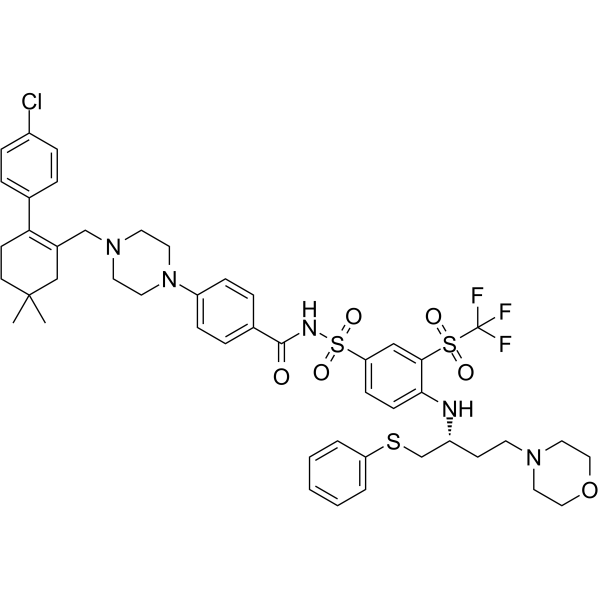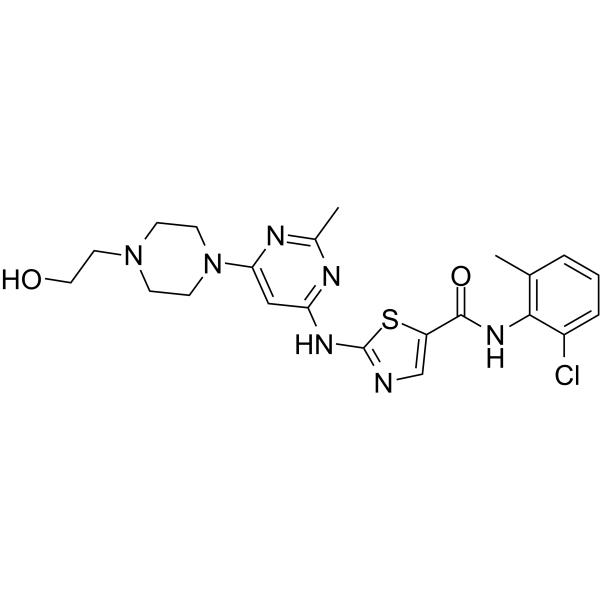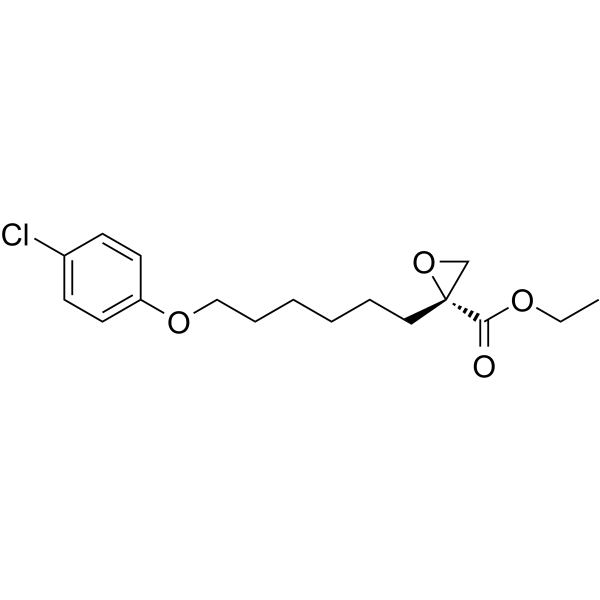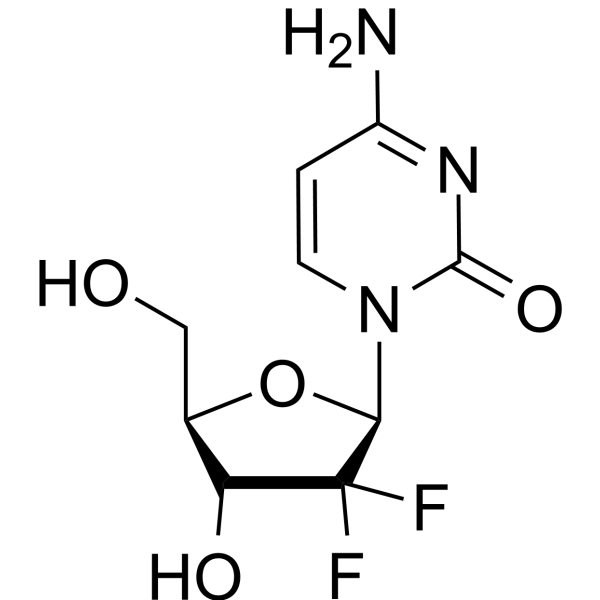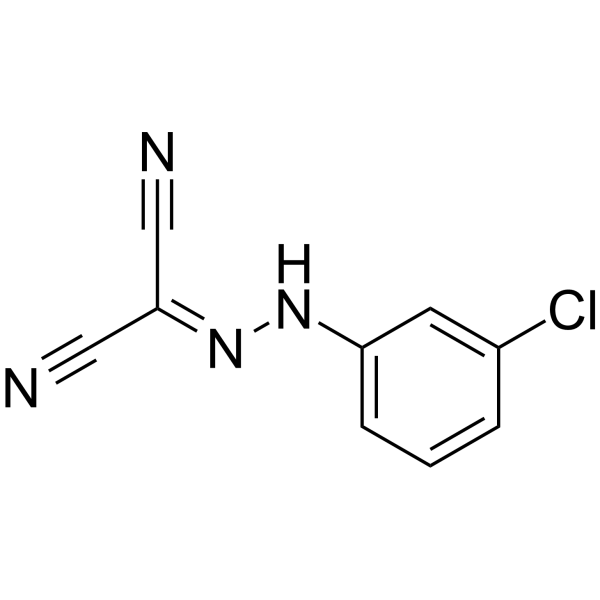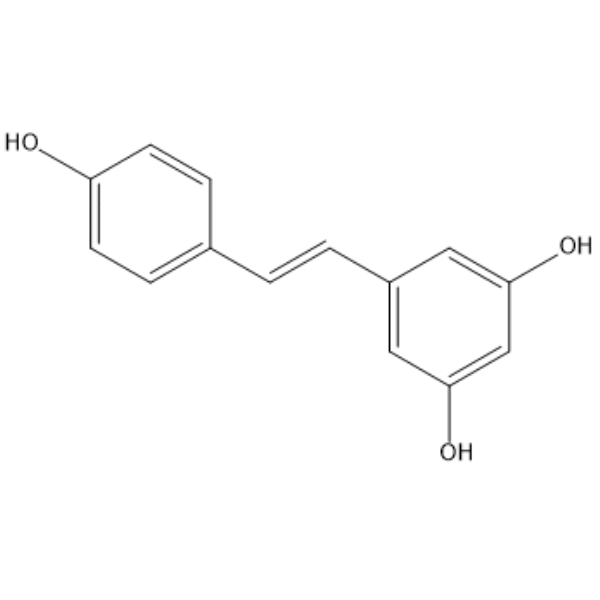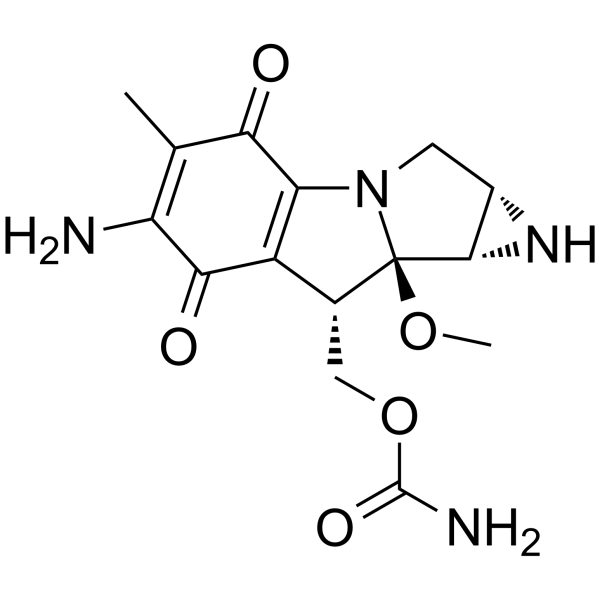|
BP22517
|
STM2457
|
|
|
|
|
STM2457 is a first-in-class, highly potent, selective and orally active METTL3 inhibitor with an IC50 of 16.9 nM. STM2457 can be used for the research of acute myeloid leukaemia (AML).
|
|
BP22559
|
GSK2334470
|
|
|
|
|
GSK2334470 is a highly specific and potent inhibitor of PDK1 with an IC50 of 10 nM.
|
|
BP22528
|
Anisomycin
|
|
|
|
|
Anisomycin is a potent protein synthesis inhibitor which interferes with protein and DNA synthesis by inhibiting peptidyl transferase or the 80S ribosome system. Anisomycin is a JNK activator, which increases phospho-JNK. Anisomycin is a bacterial antibiotic.
|
|
BP22519
|
Ionomycin
|
|
|
|
|
Ionomycin is a potent, selective calcium ionophore and an antibiotic produced by Streptomyces conglobatus. Ionomycin is highly specific for divalent cations (Ca>Mg>Sr=Ba). Ionomycin promotes apoptosis. Ionomycin also induces the activation of protein kinase C (PKC).
|
|
BP22513
|
Disulfiram
|
|
|
|
|
Disulfiram is a specific inhibitor of aldehyde-dehydrogenase (ALDH1), used for the treatment of chronic alcoholism by producing an acute sensitivity to alcohol. Disulfiram inhibits gasdermin D (GSDMD) pore formation in liposomes and inflammasome-mediated pyroptosis and IL-1β secretion in human and mouse cells. Disulfiram + Cu2+ increases intracellular ROS levels triggering apoptosis of ovarian cancer stem cells[1-6].
|
|
BP22537
|
Erdafitinib
|
|
|
|
|
Erdafitinib (JNJ-42756493) is a potent and orally available FGFR family inhibitor; inhibits FGFR1/2/3/4 with IC50s of 1.2, 2.5, 3.0 and 5.7 nM, respectively.
|
|
BP22521
|
Nocodazole
|
|
|
|
|
Nocodazole (Oncodazole) is a rapidly-reversible inhibitor of microtubule. Nocodazole binds to β-tubulin and disrupts microtubule assembly/disassembly dynamics, which prevents mitosis and induces apoptosis in tumor cells. Nocodazole inhibits Bcr-Abl, and activates CRISPR/Cas9.
|
|
BP22494
|
Navitoclax
|
|
|
|
|
Navitoclax (ABT-263) is a potent and orally active Bcl-2 family protein inhibitor that binds to multiple anti-apoptotic Bcl-2 family proteins, such as Bcl-xL, Bcl-2 and Bcl-w, with a Ki of less than 1 nM.
|
|
BP22509
|
Dasatinib
|
|
|
|
|
Dasatinib (BMS-354825) is a highly potent, ATP competitive, orally active dual Src/Bcr-Abl inhibitor with potent antitumor activity. The Kis are 16 pM and 30 pM for Src and Bcr-Abl, respectively. Dasatinib inhibits Bcr-Abl and Src with IC50s of <1.0 nM and 0.5 nM, respectively. Dasatinib also induces apoptosis and autophagy.
|
|
BP22512
|
Etomoxir
|
|
|
|
|
Etomoxir is an irreversible inhibitor of carnitine palmitoyltransferase 1a (CPT-1a), inhibits fatty acid oxidation (FAO) through CPT-1a and inhibits palmitate β-oxidation in human, rat and guinea pig.
|
|
BP22492
|
Gemcitabine
|
|
|
|
|
Gemcitabine (LY 188011) is a pyrimidine nucleoside analog antimetabolite and an antineoplastic agent. Gemcitabine inhibits DNA synthesis and repair, resulting in autophagyand apoptosis.
|
|
BP22502
|
CCCP
|
|
|
|
|
CCCP is an oxidative phosphorylation (OXPHOS) uncoupler. CCCP induces activation of PINK1 leading to Parkin Ser65 phosphorylation.
|
|
BP22508
|
Resveratrol
|
|
|
|
|
Resveratrol, a natural polyphenolic phytoalexin that possesses anti-oxidant, anti-inflammatory, cardioprotective, and anti-cancer properties. Resveratrol has a wide spectrum of targets including mTOR, JAK, β-amyloid, Adenylyl cyclase, IKKβ, DNA polymerase. Resveratrol also is a specific SIRT1 activator. Resveratrol is a potent pregnane X receptor (PXR) inhibitor. Resveratrol is an Nrf2 activator, ameliorates aging-related progressive renal injury in mice model. Resveratrol increases production of NO in endothelial cells.
|
|
BP22527
|
Mitomycin C
|
|
|
|
|
Mitomycin C (Ametycine) is a DNA cross-linking agent and induces DNA damaging. Mitomycin C is an antitumor agent and antibiotic that shows extraordinary ability to inhibit DNA synthesis. Mitomycin C is an ADC Cytotoxin and induces apoptosis.
|
